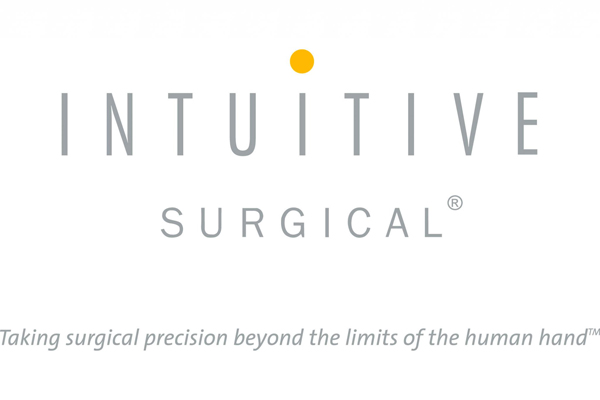
The FDA this month released a mixed bag for Intuitive Surgical’s (NSDQ:ISRG) da Vinci robot-assisted surgical system, as surveyed doctors reported benefits in patient recovery times and surgery-related complications but also noted training concerns and offered recommendations for improving the system.
The report touched on issues that have plagued Intuitive Surgical in recent months, including a recent dramatic increase in adverse event reports and ongoing concerns about physician training.
The FDA surveyed 11 physicians with active experience using the da Vinci system, each having performed between 70 and 600 surgeries with the device. The doctors reported, generally, that patient recovery times were shorter following da Vinci procedures and that there were fewer procedure-related complications, but that the system bears some unique challenges and that training is the biggest hurdle to safe and effective da Vinci use.
The group recommended more physician training, especially more time in a dry lab and mandated simulation training. They also recommended that the da Vinci incorporate more haptic or tactile feedback, more procedure-related data in the physician’s view and smaller arms and instruments for the da Vinci system, among other things.
The FDA warned that the survey was extremely small and limited, intended only to "better understand the user’s perspectives" and not to generate any conclusions.
"No conclusions can be made about how the device functions in the broader clinical environment based on this report alone," according to the FDA report. "Instead, the report should be considered along with other information that may include adverse event reports, scientific publications, clinical trials, enforcement/compliance information, and other data sources that are part of FDA’s monitoring of device performance."
California-based Intuitive Surgical has for weeks been fighting headlines drawing attention to what appears to be an eyebrow-raising increase in patient injuries and device issues. Last month analysts at Citron Research published their latest scathing report on the embattled company, accusing Intuitive Surgical of misusing FDA data to claim that adverse events were on the decline.
"In the 1st 8 months of 2013, 2332 Adverse Event records were posted – compare to 4603 records posted in the entire 12 year period since the 1st Adverse Event tracking for da Vinci appeared in MAUDE in 2000," Citron wrote. "It is the opinion of Citron that the only reason there is not a national outcry is because the da Vinci robot has yet to kill or injure ‘the right person’ – like the next of kin of a congress member or a celebrity."
Intuitive Surgical has maintained that a closer look at the FDA’s MAUDE adverse events database shows a decrease in patient injuries and deaths amid an increase in filed reports over the last 3 years.
The FDA, too, ceded that the apparent surge in reports may not be associated with a rise in actual events.
"This increase in reports may be due to a number of factors, including an increase in the number of devices being used or surgeries being conducted, better awareness of how to report device issues to the FDA, increased publicity resulting from product recalls, media coverage, and litigation, as well as other influences," according to a new FDA notice, which accompanied the physician survey. "In addition, because reports submitted to the FDA can contain incomplete, inaccurate, duplicative, and unverified information, confirming whether a device actually caused a specific event can be difficult based solely on information provided in a given report."
Intuitive Surgical said that Citron and other analysts citing a sudden rise in adverse events are looking at the dates the events were reported rather than the dates they occurred. California-based Intuitive Surgical conducted its own analysis of the MAUDE database, which both regulators and researchers warn isn’t a very credible means of tracking true incident rates or comparing individual technologies against others.
"Any assessment of safety trends based on Reporting Dates rather than Event Dates in the MAUDE database will be fundamentally flawed and misleading, and is likely to seriously misrepresent the true performance of a device," according to a company statement.
"Because a medical device manufacturer can only report an adverse event to the FDA after it is notified of the event, and because that notification may not be received until months or even years from the time of the event, a MAUDE database entry with a relatively recent reporting date may be associated with an adverse event that occurred much farther in the past," Intuitive Surgical said. "Thus, any assessment of safety trends based on Reporting Dates rather than Event Dates in the MAUDE database will be fundamentally flawed and misleading, and is likely to seriously misrepresent the true performance of a device."

